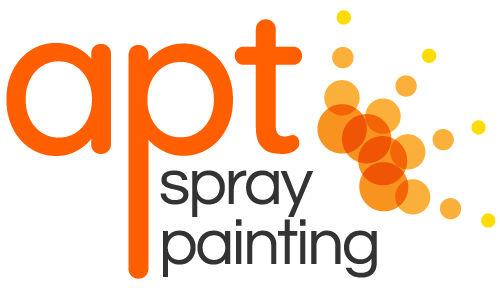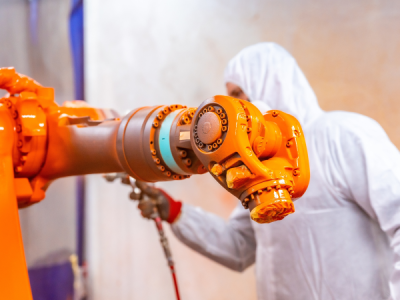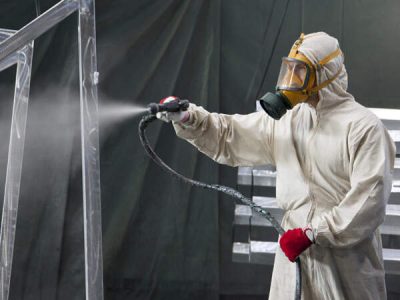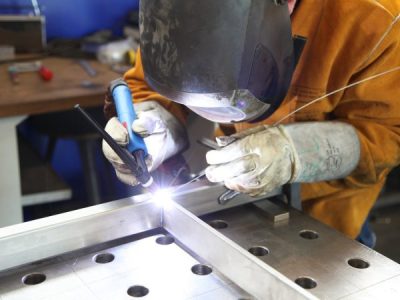
One of the most pressing challenges in the earthmoving industry is the need for more skilled operators. As demand for large-scale construction and infrastructure projects grows, so does the need for hiring earthmoving machinery operators who are qualified and can safely and efficiently operate heavy machinery.
With increasing competition in the market, a limited pool of qualified candidates, and evolving industry demands, hiring the right operators has become more difficult than ever. Let’s explore the biggest challenges companies face when trying to recruit and retain top-tier earthmoving machinery operators and strategies for overcoming these obstacles.
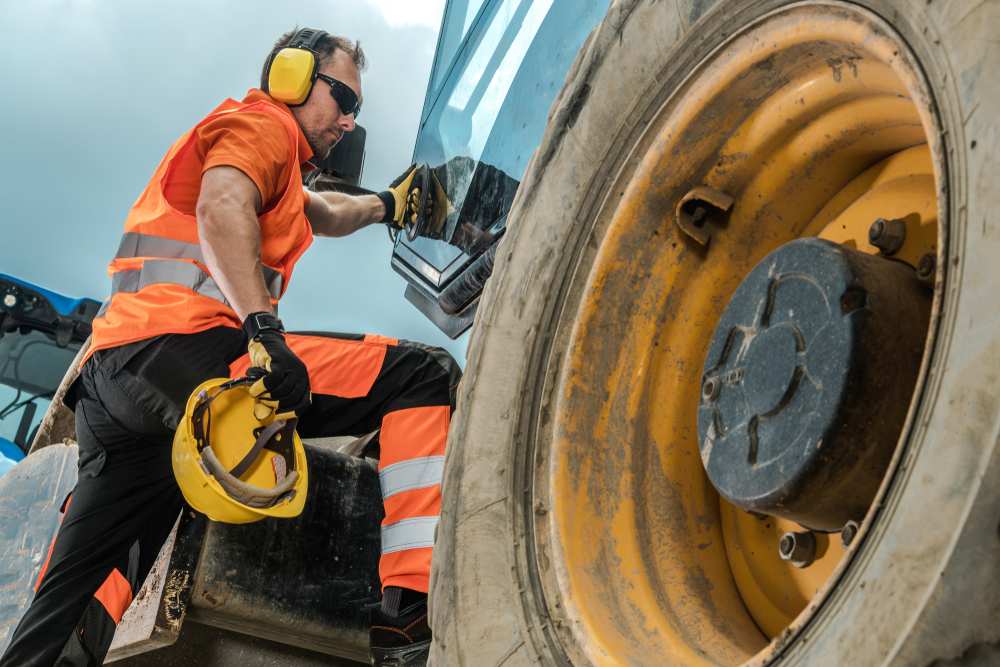
Competition for Talent
In the industry, hiring skilled earthmoving machinery operators is in high demand, and the competition to attract and retain top talent can be fierce. Companies not only face competition from other plant hire businesses but also from the broader construction and infrastructure sectors, where operators with the same skill sets are sought after. This makes it challenging for businesses to stand out as an employer of choice, especially when competitors offer attractive salaries, benefits, and incentives.
To remain competitive in this environment, companies need to go beyond just offering good pay. Building a positive reputation as a desirable place to work is essential. This includes fostering a strong company culture, providing opportunities for career advancement, ensuring job stability, and creating a supportive work environment. Offering additional benefits such as flexible working arrangements, bonuses, or even extra training opportunities can also make a business more attractive to skilled operators.
Developing long-term relationships with operators, showing appreciation for their work, and providing clear career pathways can help businesses not only attract top talent but also keep them loyal. In a competitive market, this proactive approach to recruitment and retention is key to ensuring a skilled and stable workforce.
Retaining Skilled Operators
Finding skilled operators is only half the battle; retaining them is an equally significant challenge. In a competitive market, operators with valuable experience are often presented with multiple opportunities, making them more likely to switch employers for better pay, benefits, or work conditions. For plant hire businesses, this can lead to high turnover rates, which not only disrupt ongoing projects but also increase the cost of recruitment and training for replacements.
To overcome this, companies need to focus on creating a work environment that fosters loyalty and long-term commitment. Offering competitive wages, comprehensive benefits packages, and opportunities for career advancement can go a long way in retaining top talent.
Assessing Operator Qualifications and Skills
Another significant challenge in hiring earthmoving machinery operators is accurately assessing their qualifications and skills. Operating heavy machinery requires precision, technical know-how, and adherence to safety standards. However, not all candidates who claim to have experience possess the level of expertise needed for specific projects. Misjudging an operator’s skill set can lead to accidents, equipment damage, or delays, all of which can negatively impact project outcomes.
To avoid these risks, businesses must implement thorough and rigorous screening processes. This can include reviewing operator certifications, checking references from previous employers, and conducting practical tests to evaluate on-site skills. Many companies also benefit from structured onboarding programs that provide additional training if needed.
Training and Upskilling
In an industry that constantly evolves with new technology, safety regulations, and equipment innovations, ongoing training and upskilling are crucial. Even experienced operators need regular training to stay updated with the latest advancements in earthmoving machinery and industry practices. However, ensuring that operators receive continuous training can be a challenge for businesses, as it requires time, resources, and investment.
Providing operators with opportunities for further education and skill enhancement not only improves their performance but also boosts their job satisfaction.
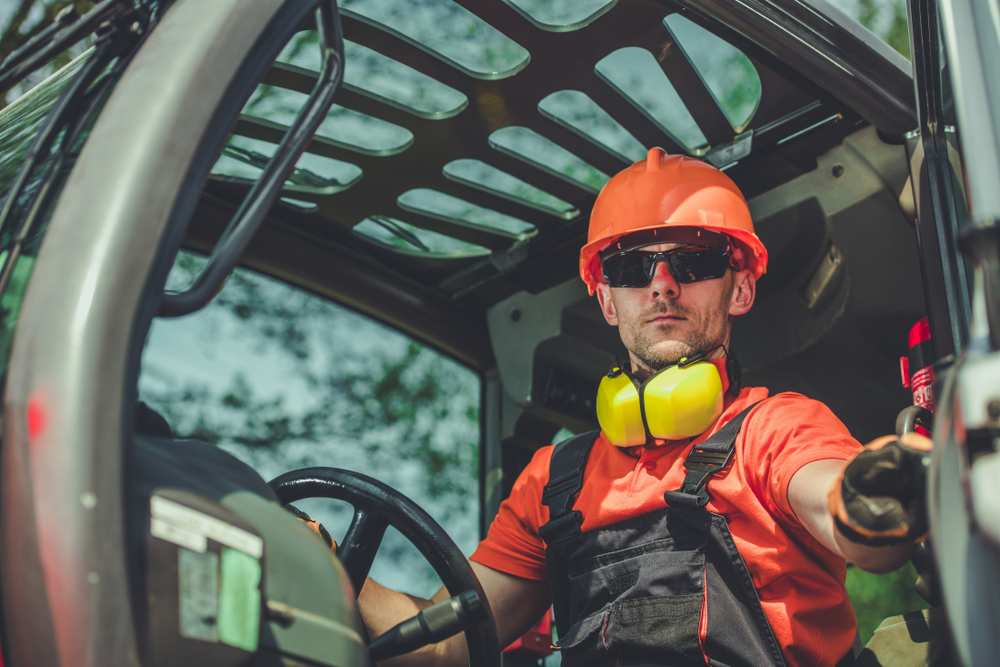
Compliance with Health and Safety Regulations
One of the most critical aspects of hiring earthmoving machinery operators is ensuring they adhere to strict health and safety regulations. The construction and earthmoving industries are heavily regulated to minimise the risks of accidents, injuries, and equipment damage. Operators must be well-versed in safety protocols, both for their own protection and for the safety of others on-site. However, ensuring that all operators fully comply with these regulations can be challenging, especially when new hires come from different backgrounds with varying levels of safety training.
Hiring operators who are not adequately trained in safety standards can expose businesses to legal liabilities, costly fines, and reputational damage. To address this, companies need to prioritise safety during the hiring process by ensuring all candidates are certified in relevant safety practices.
Adapting to Technological Advancements
The earthmoving industry is rapidly evolving, with new technologies such as GPS-guided machinery, automation, and telematics becoming more common on job sites. While these advancements can greatly improve efficiency and precision, they also introduce a new challenge: finding operators who are not only skilled in traditional machinery but also capable of adapting to and utilising these advanced technologies.
Many experienced operators may not have had exposure to the latest innovations, leading to a skills gap that can slow down project timelines or result in the under-utilisation of cutting-edge equipment. On the other hand, younger operators may be more tech-savvy but lack the hands-on experience required for complex tasks. This creates a delicate balance for businesses, as they must hire operators who can merge both experience and adaptability.
To bridge this gap, when hiring earthmoving machinery operators, companies can implement technology-focused training programs that upskill their operators, ensuring they are proficient in both traditional operation techniques and modern equipment features.

Seasonal and Regional Demand Variations
Another significant challenge in hiring earthmoving plant machinery operators is managing fluctuating demand based on seasonal and regional factors. Earthmoving projects are often influenced by weather conditions, regional development booms, and the economic climate, which means that demand for operators can vary greatly throughout the year or in different locations. For businesses, this creates the challenge of maintaining a reliable workforce during peak seasons while avoiding the costs of retaining idle staff during slower periods.
To address this, companies can adopt flexible hiring strategies, such as short-term contracts or partnerships with labour hire agencies, to scale their workforce up or down based on demand. Additionally, diversifying the types of projects the company takes on or exploring new geographic markets can help smooth out seasonal variations, ensuring more consistent work for operators and better workforce management.
Cultural and Language Barriers
In today’s diverse workforce, hiring operators from various cultural backgrounds can introduce challenges related to communication and workplace dynamics. While diversity can bring a range of benefits, including different perspectives and skills, it can also create barriers if operators and management have difficulty understanding each other, particularly when it comes to safety instructions, project details, and technical operations. Miscommunication in a high-risk industry like earthmoving can lead to costly errors, accidents, or delays.
To overcome these challenges, businesses need to foster an inclusive work environment that values clear communication and mutual respect. This might involve providing language support, such as bilingual supervisors or safety materials in multiple languages, as well as encouraging teamwork through cultural sensitivity training.
Overcoming the Challenges: A Path to Hiring Success
Hiring the right earthmoving plant machinery operators is no easy task, as businesses face numerous challenges ranging from skill shortages and retention issues to navigating logistical hurdles and staying compliant with safety regulations. However, by addressing these challenges proactively—through comprehensive recruitment strategies, ongoing training, flexible workforce management, and a focus on building a positive work environment—companies can secure the skilled operators they need to succeed.
